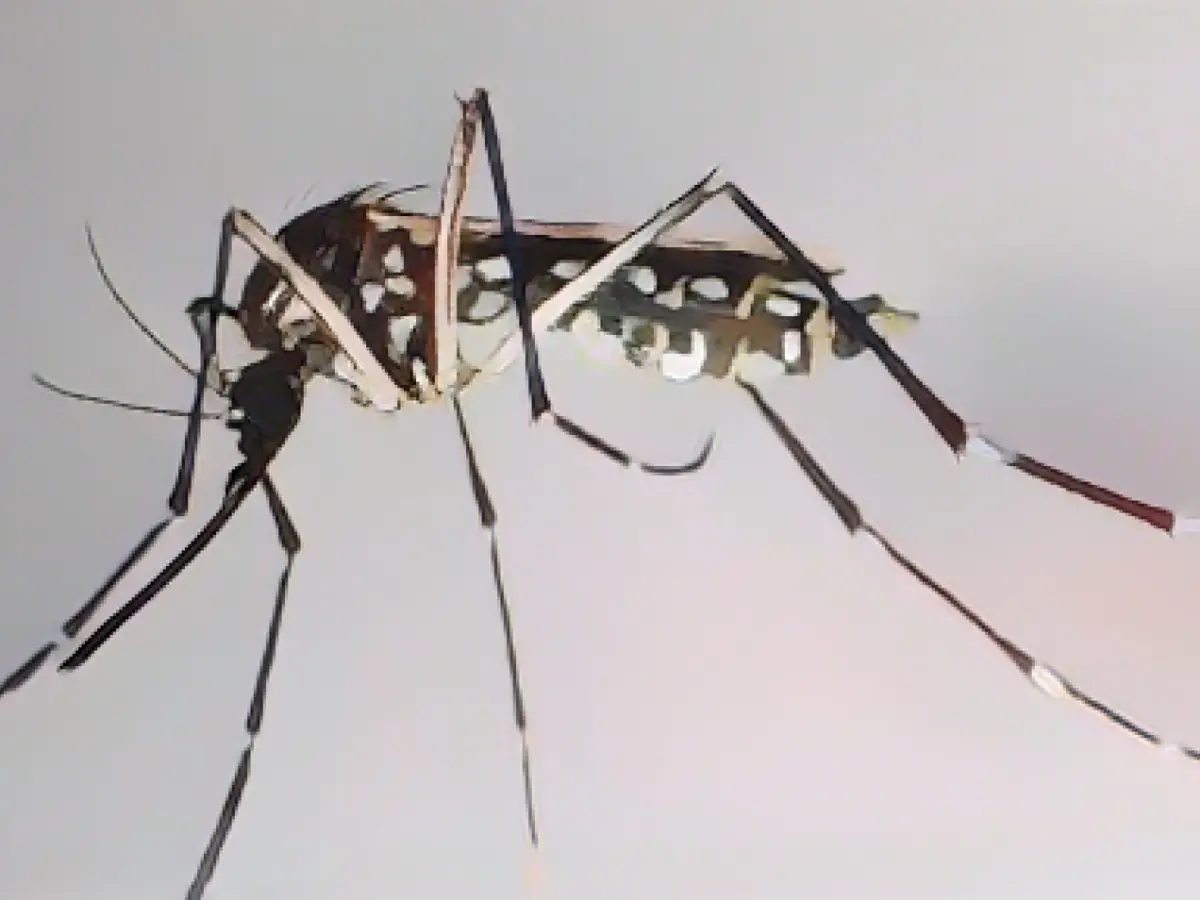Danger on the Rise: WHO Warns About Spread of Dengue Fever in Europe Due to Climate Change
The World Health Organization (WHO) has issued a warning about the spread of dengue fever in Europe, attributing this trend to climate change and the subsequent increase in temperatures. According to WHO specialist Diana Rojas, the situation is grave, with Italy reporting 82 locally transmitted infections, France 43, and Spain 3 this year alone.
Europe still has a chance to stop the mosquitoes from spreading further, Rojas urged. Globally, the number of reported dengue fever cases has increased tenfold between 2000 and 2019, with most cases still primarily coming from North and South America.
Origins of the Threat
Small populations of the tiger mosquito and the yellow fever mosquito (Aedes albopictus and Aedes aegypti), which transmit dengue fever, already exist in southern Europe. These mosquito eggs have the potential to survive the winter, and once the temperature rises, larvae may hatch, posing a significant threat.
Aedes mosquitoes are predominantly active during the day and are found in tropical and subtropical regions but are spreading rapidly to other latitudes, including Nepal to altitudes beyond 2000 meters. Despite the illness being generally mild, in about 10% of cases, it can lead to serious complications, including hemorrhagic fever. The WHO estimates that nearly 400 million dengue fever infections occur worldwide each year, with the majority going unreported.
Protective Measures
People can protect themselves from mosquito bites by using insect repellent and wearing long-sleeved clothing. Efforts should also be made to eliminate breeding sites such as standing water, which can harbor mosquito larvae. Monitoring in many regions remains inadequate, meaning that many infections are not reported. Despite this, WHO stresses the importance of being proactive in preventing further outbreaks.
The Impact of Climate Change
Climate change has been shown to contribute to the spread of dengue fever in Europe by altering environmental conditions that favor the Aedes mosquito vectors. Warmer temperatures and changing weather patterns can increase the abundance, survival, and feeding activity of these mosquitoes, thereby accelerating the spread of the virus. If Aedes mosquito vectors become established in Europe, it can lead to dengue fever epidemics by 2100, due to the favorable conditions for mosquito activity and virus replication in warmer climates.




